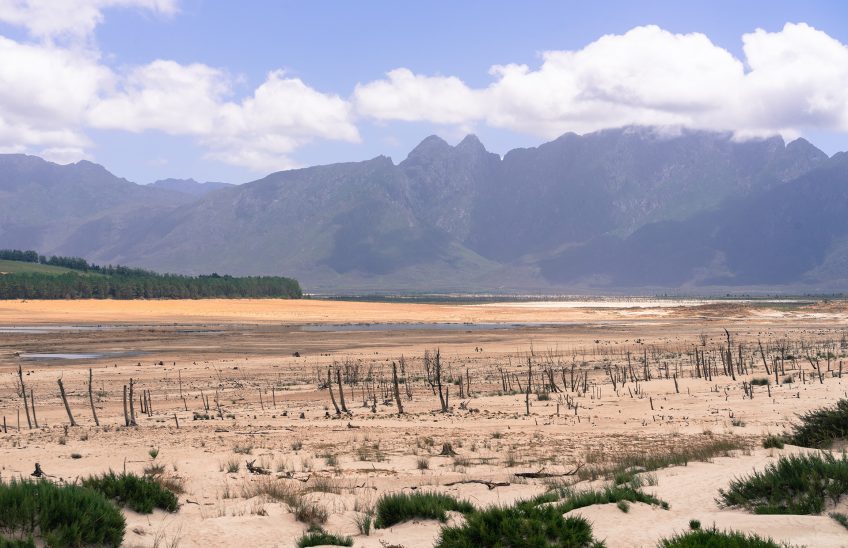From 2016 to 2018 the Western Cape province of South Africa experienced what was believed to be the worst drought in a century and was declared a disaster area. In addition, poor resource management and infrastructure limitations make the effects of drought worse for cities in developing countries. One way to alleviate the impact without large investments is targeted demand management. This approach has worked well in studies that focused on some of the recent droughts, including Cape Town’s ‘Day Zero’ drought of 2016–2018. Many studies have measured demand response to a drought at a coarse time resolution, but few have measured it at an hourly resolution or compared weekday with weekend use. In this study, Prof Thinus Booysen and Ms Cheroline Ripunda, both of the Department of Electrical and Electronic Engineering, Stellenbosch University evaluated households’ hourly time-of-use behaviour in response to the Cape Town drought at two prominent inflection points identified by previous studies: the announcement of the Critical Water Shortages Disaster Plan in October 2017 and the introduction of Level 6B restrictions in February 2018.
Research contribution
The study expanded on the existing body of research on drought response by exploring how successive interventions during the Western Cape drought-affected household water usage. Prof Booysen and Ms Ripunda specifically considered the effects on time-of-day usage. They investigated the effects on consumer behaviour of two key media announcements, the Critical Water Shortages Disaster Plan and the Level 6B water use restrictions, which conveyed to the public the severity and possible consequences of the drought. Their analysis of water savings at the two inflection points indicated significant changes in usage that coincided with the announcement of the Critical Water Shortages Disaster Plan and the Level 6B water restrictions and the peaks in mass and social media activity, could help to explain changes in daily usage observed in other studies.
Highlights of the study
A severe drought is a major threat to a city with a large and growing water-using population. Some of the highlights of this study include:
- Confirmation that demand-side management works better than the supply side in a developing country.
- Cape Town’s severe 2016-2018 drought necessitated drastic demand management.
- Assessed consumer behaviour change with time-of-day and day-of-the-week analysis of household water usage.
- The first big reduction was due to residents reducing usage in the early morning and evening on weekdays.
- The second occurred in the mid-morning on weekdays when residents were not at home but ensured their domestic workers reduced their usage.
Read the complete research paper: M. J. Booysen, C. Ripunda; When usage matters: time-of-use analysis of Cape Town’s Day Zero drought response. Water Sci Technol 2021; wst2021324. doi: https://doi.org/10.2166/wst.2021.324





